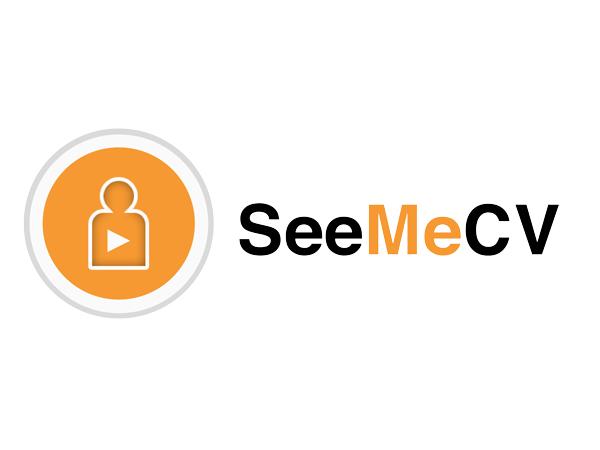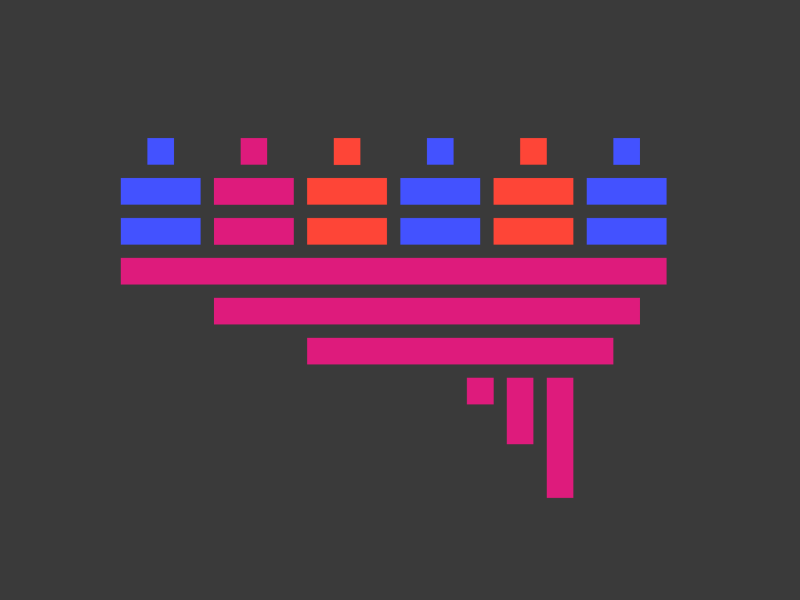
Strategic collaborations and alumni engagement are vital to boosting graduate employability in APAC
Industry expectations regarding graduate skills are changing rapidly. Universities need to harness collaborations with higher education stakeholders and alumni engagement to maximise graduate success. A Times Higher Education webinar, held in partnership with SeeMeCV, featured a panel of experts from the Asia-Pacific region to explore innovative ways to augment graduate employability through curriculum development, industry collaboration and alumni engagement.
Wikan Sakarinto, director of Gistrav Polytechnic in Indonesia, outlined the challenges universities face when enhancing graduate employability in the region. There is a gap between industry demands and what graduates learn at universities, said Sakarinto. “It’s a never-ending story,” he said, adding that industry partners look for graduates who have both employability and soft skills such as critical thinking. It is important for soft skills education to be embedded into curricula but it can be challenging for educators to instil these skills in students, he said.
Students must build on relevant skills beyond the confines of classrooms and curricula, said Corrine Ong, director of careers and employability services at Singapore Management University. Learning opportunities stemming from collaborations with stakeholders, such as internships, provide opportunities for students to build in-demand skills. “We need to work with all the stakeholders because employers hire a person, not a piece of paper,” said Ong.
Online platforms can help modernise and scale collaborations with stakeholders, suggested Sylvia Seakar, customer success director for Singapore, Indonesia and the Philippines at SeeMeCV. The challenge is to choose the right technology from a multitude of options, added Seakar.
Seakar described SeeMeCV as a fully digitalised talent supply chain ecosystem. “We accelerate and innovate recruitment so location is no longer a limitation in connecting with opportunities,” she said. “This is especially important with the emergence of hybrid and remote working.”
Bernard Nicolas E. Villamor, president of the Cebu Institute of Technology, said alumni can help streamline pathways to foster strong collaborations with the companies they work for. Villamor added that this diversifies avenues for students to gain exposure to real-world problems and develop innovative solutions. Such opportunities empower students to build in-demand skills and encourage them to explore their unique strengths to help them stand out to their prospective employers, added Villamor.
“Our easy, intuitive interface enables deep, real-time connectivity and it provides all the analytics you need,” said Seakar. SeeMeCV helps to unlock opportunities for alumni to mentor students and track progress using its customisable analytics dashboard, she added.
SeeMeConnect is a career services portal that enables institutions to digitalise their student and alumni networks so they can be connected with local and international employers. When combined with SeeMeCV’s other features – such as integrated events, hybrid and virtual job fairs, mentoring, coaching and live video – SeeMeConnect allows each school to build its own community and access deep insights and reporting functionalities, including alumni tracer studies.
According to the panel, the best way to enhance graduate employability is to connect with graduates throughout their academic journey. Alumni can update universities with the latest market trends and identify gaps in curricula, the panel agreed. Employment and internship opportunities facilitated by alumni engagement can help close the graduate employability skills gap, said Ong.
The webinar was based on SeeMeCV’s Maturity and Readiness Assessment (MARA) study, which considers people, process, technology, content and collaboration as the four key indicators assessing the effectiveness of an institution’s career services. The MARA study is available for free to all higher education institutions and provides an immediate score and rating, with the option to receive a more detailed report.
The panel:
- Gitanjali Goswami, branded content manager for APAC, Times Higher Education (chair)
- Corrine Ong, director of careers and employability services, Singapore Management University
- Wikan Sakarinto, director, Gistrav Polytechnic
- Sylvia Seakar, customer success director for Singapore, Indonesia and the Philippines, SeeMeCV
- Bernard Nicolas E. Villamor, president, Cebu Institute of Technology
Find out more about SeeMeCV.
Access SeeMeCV’s Maturity and Readiness Assessment here.


